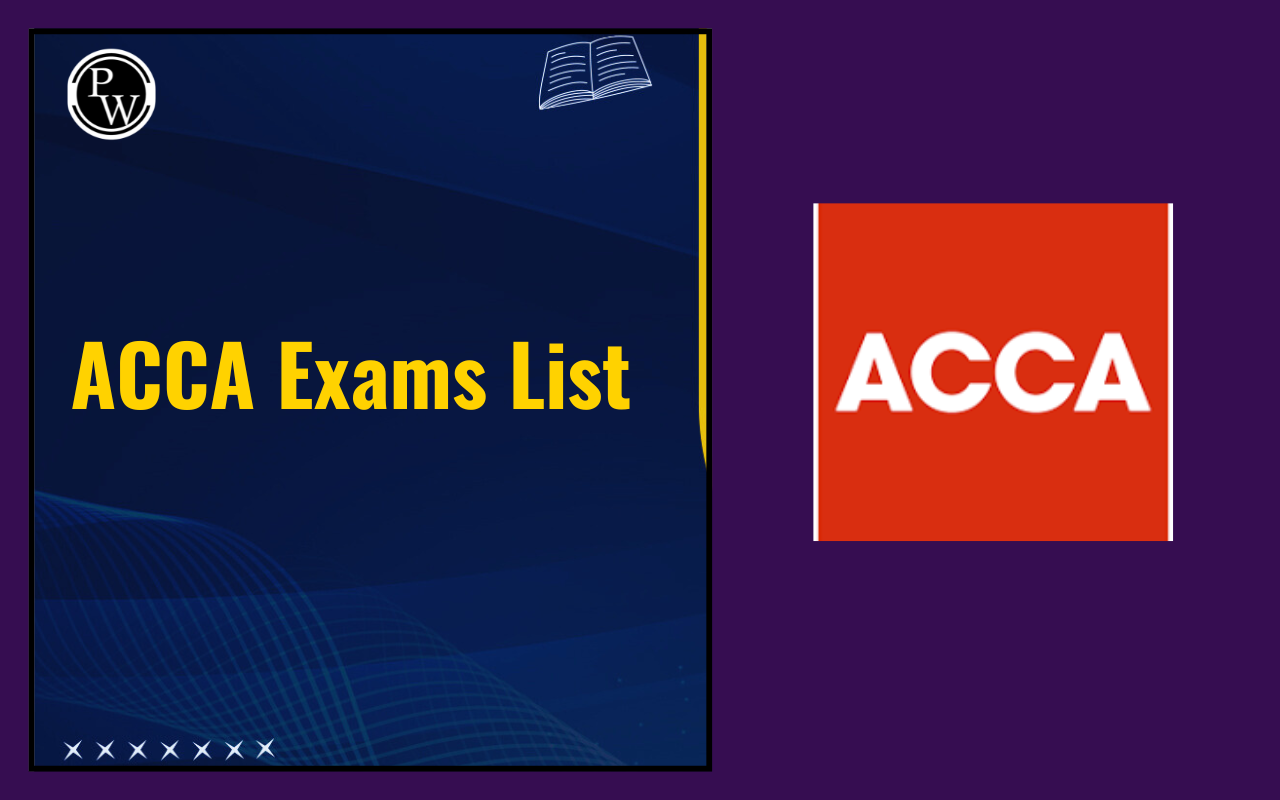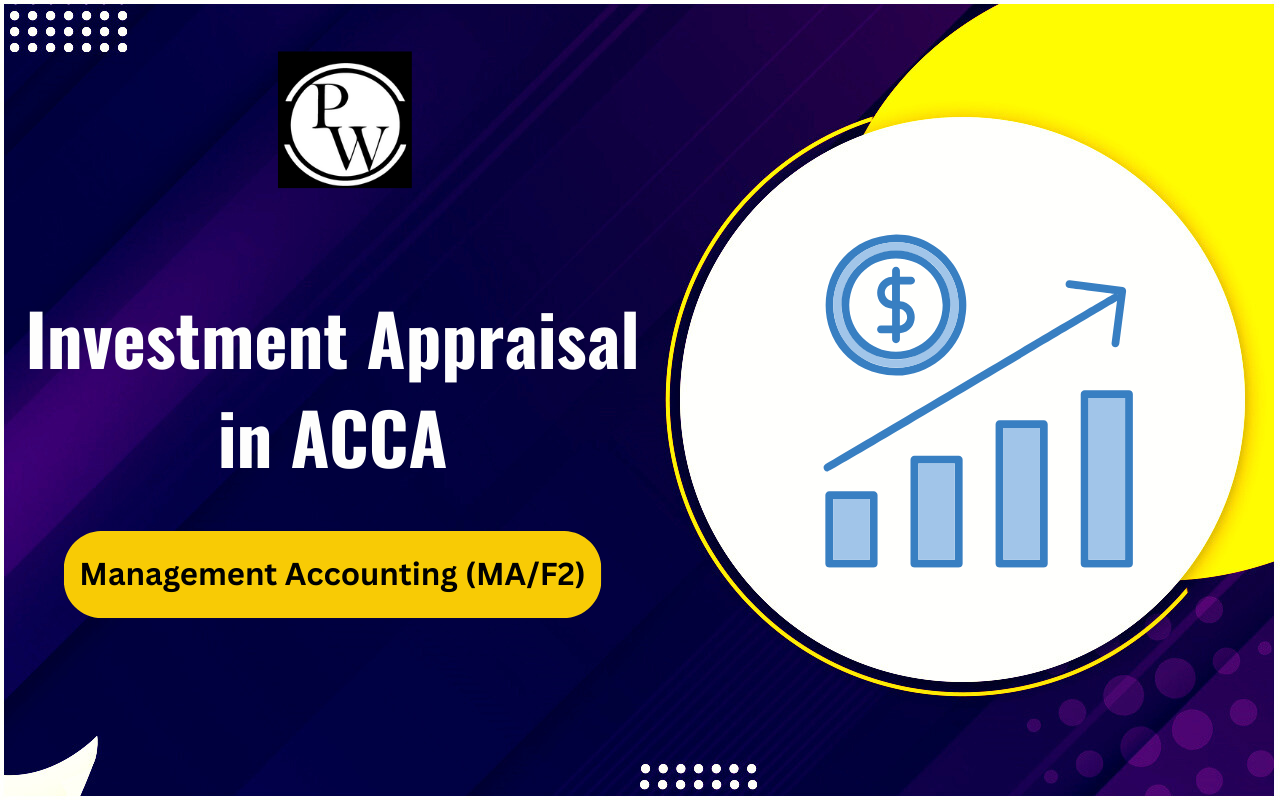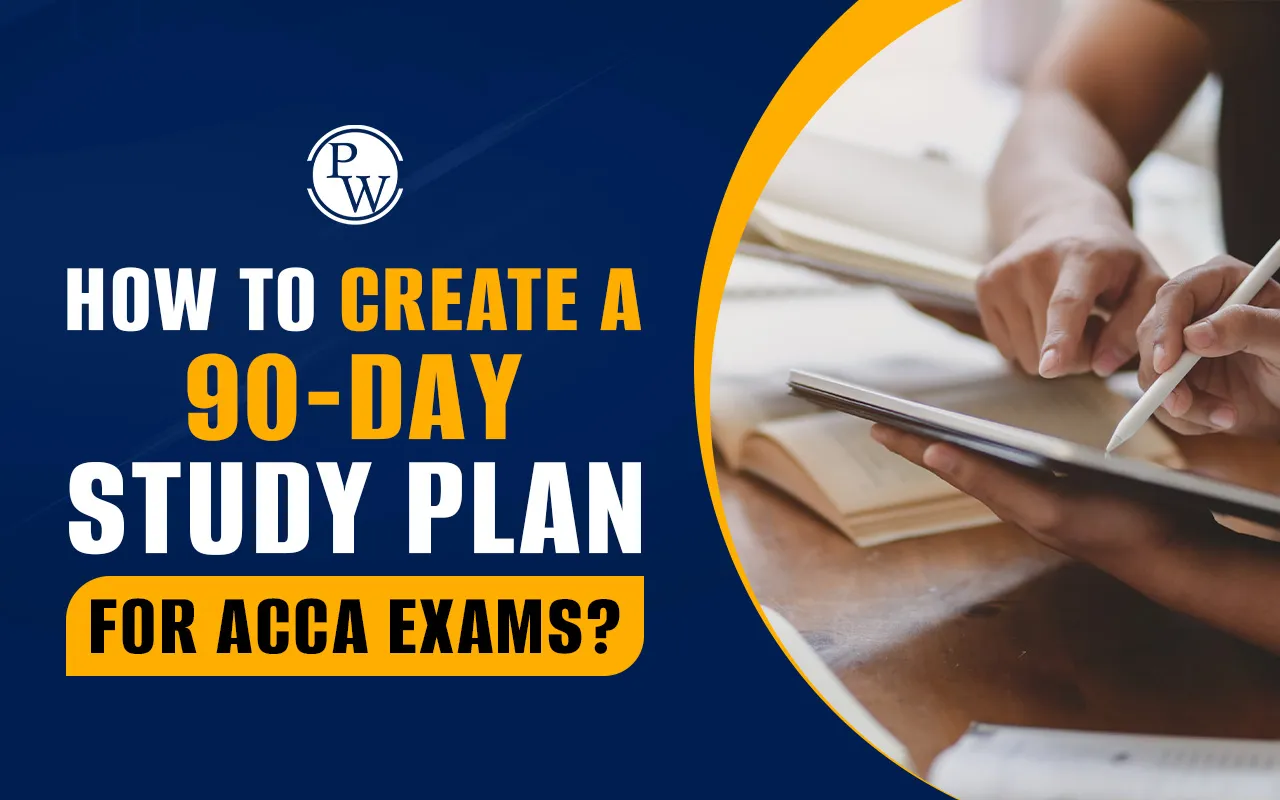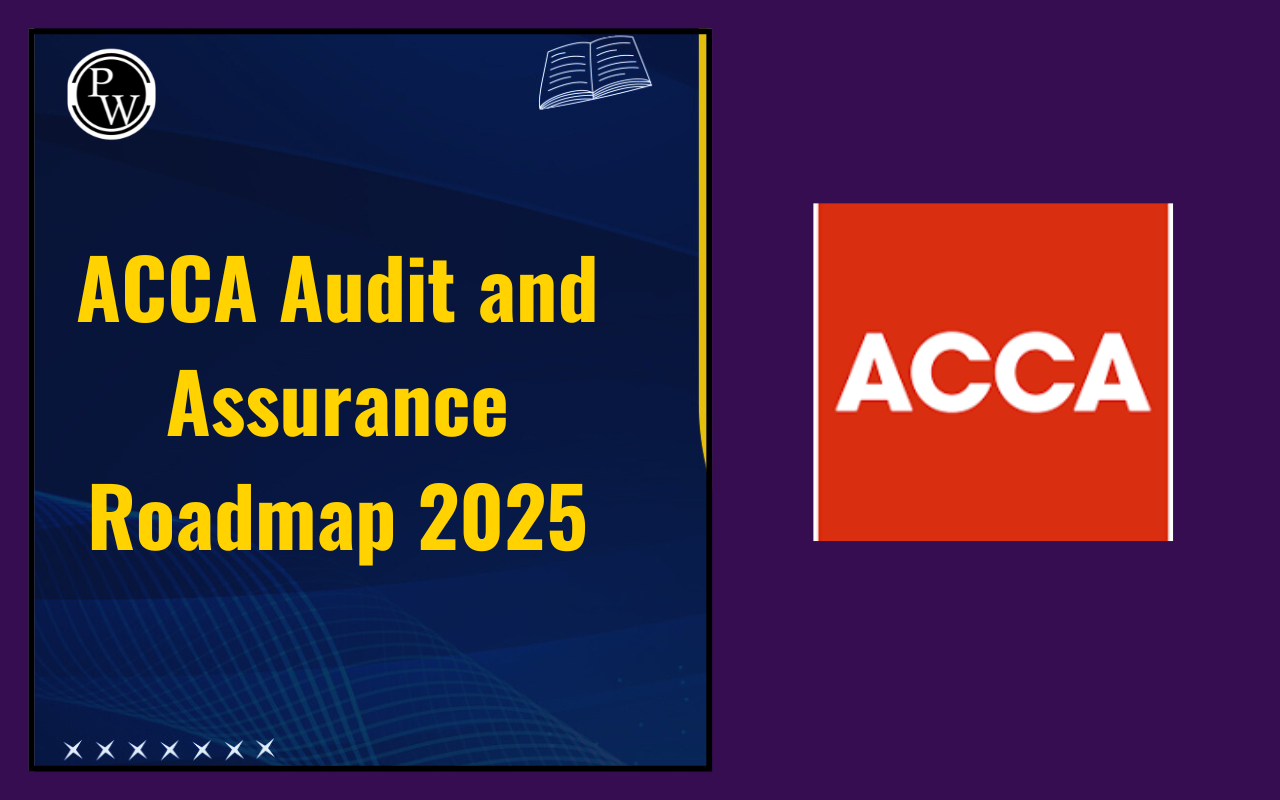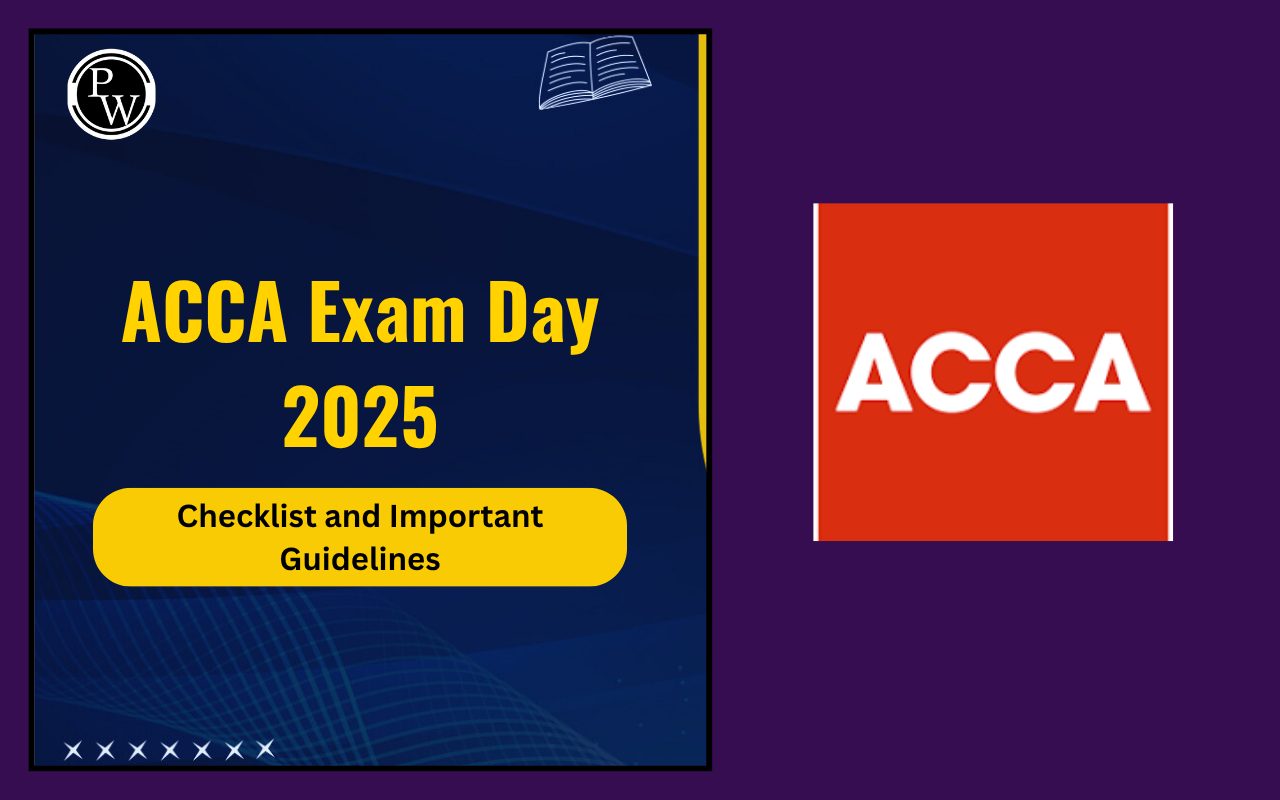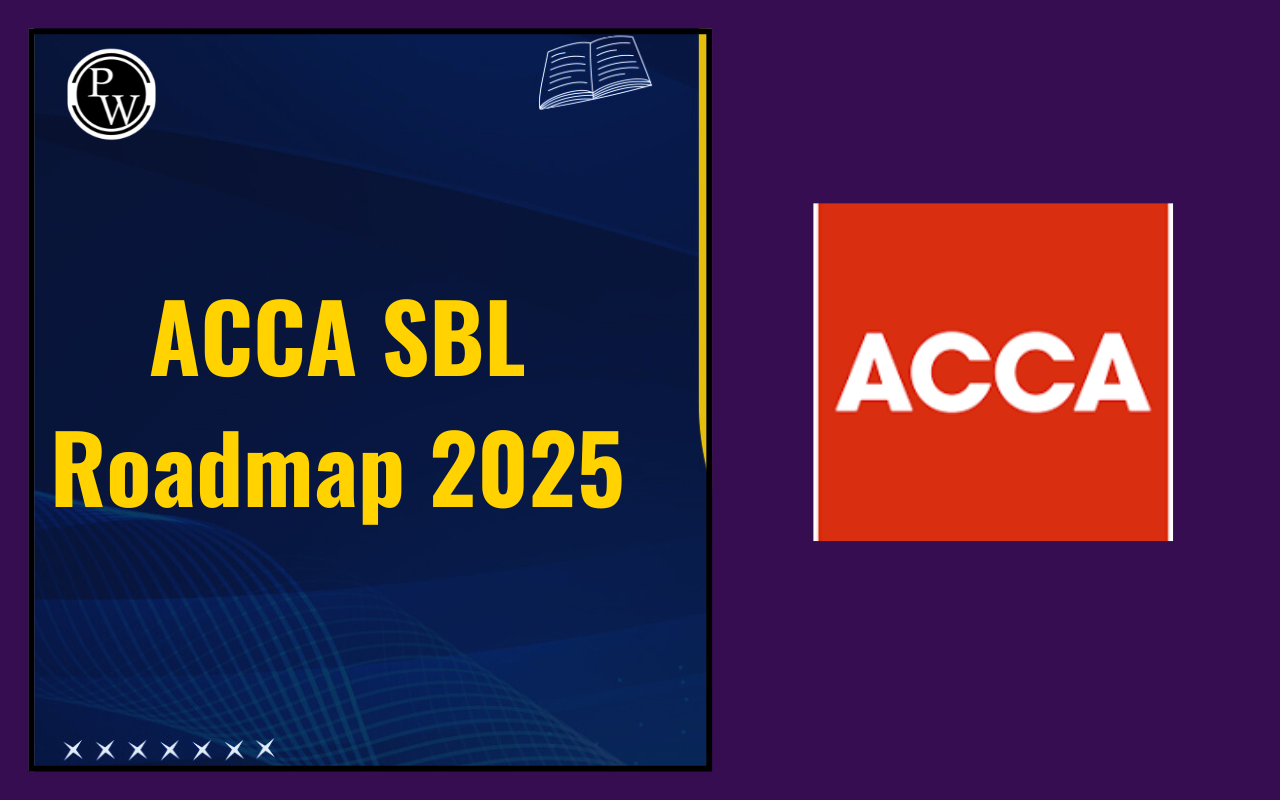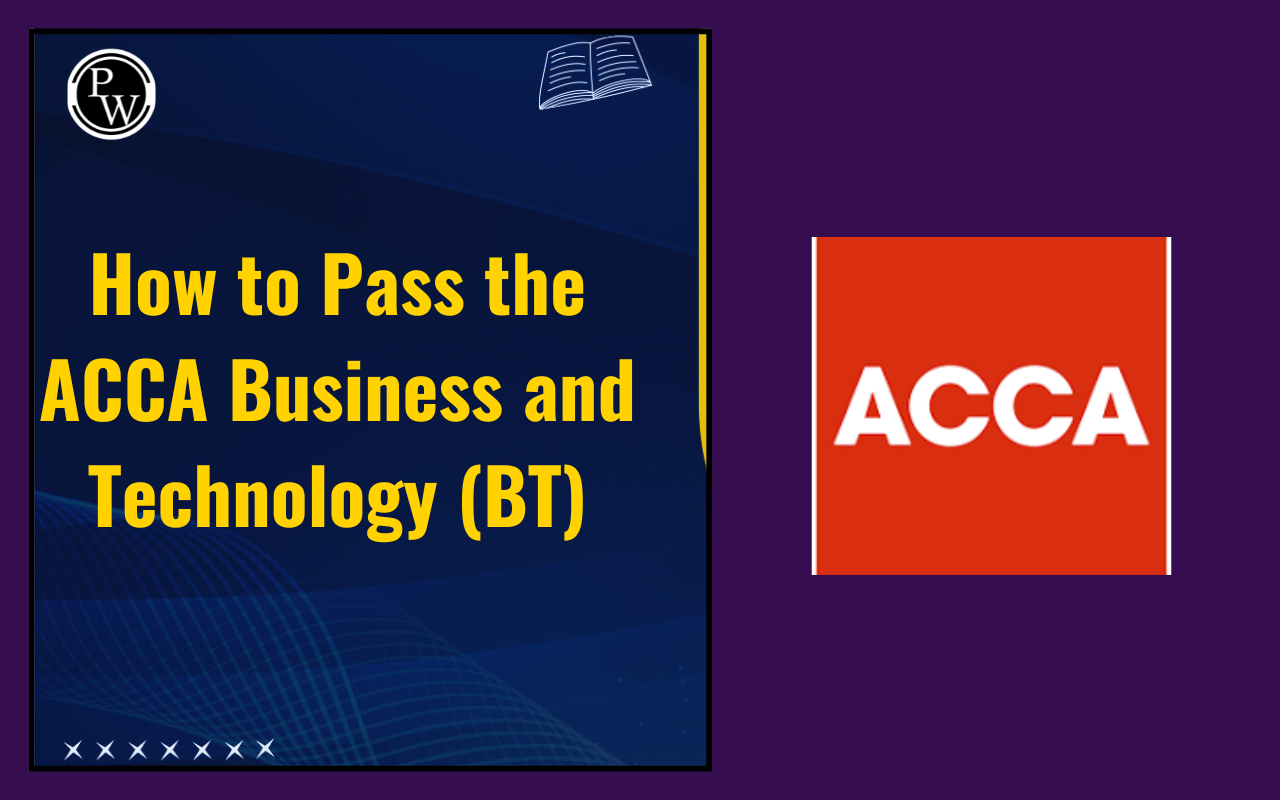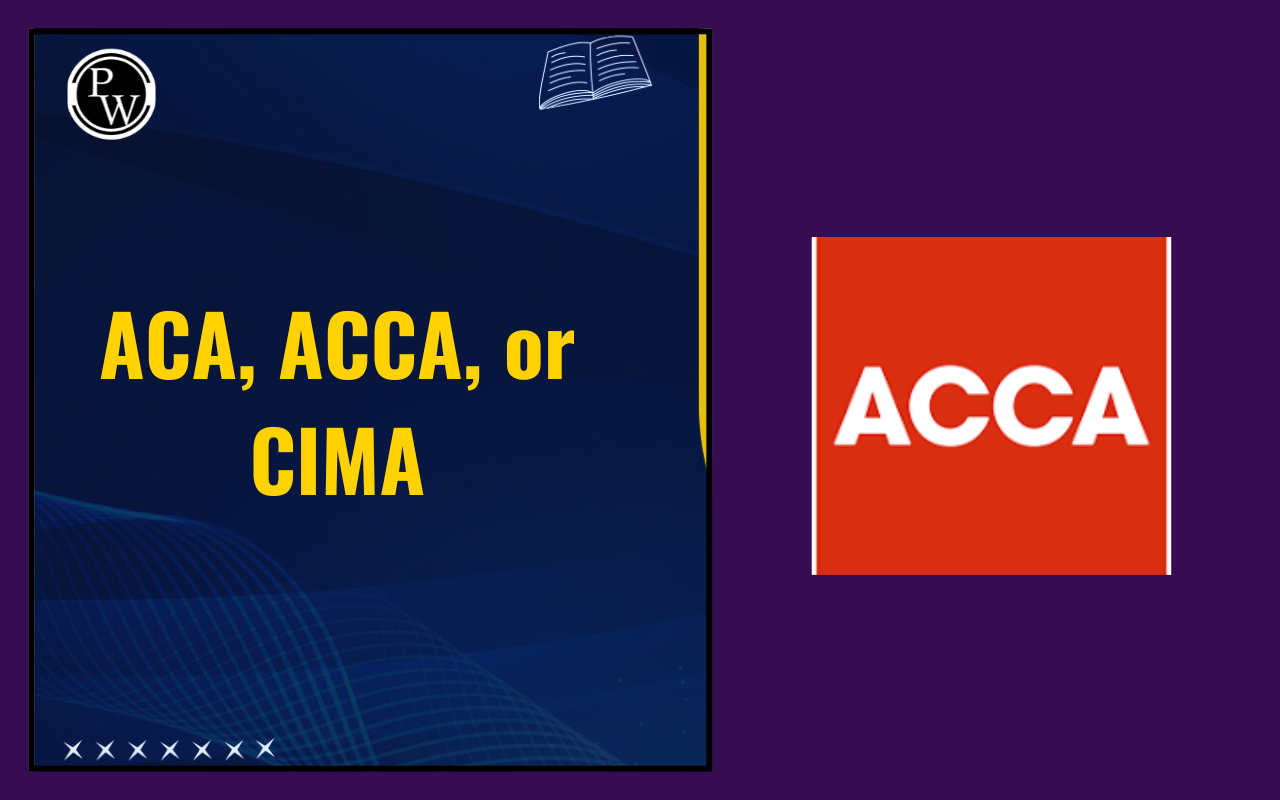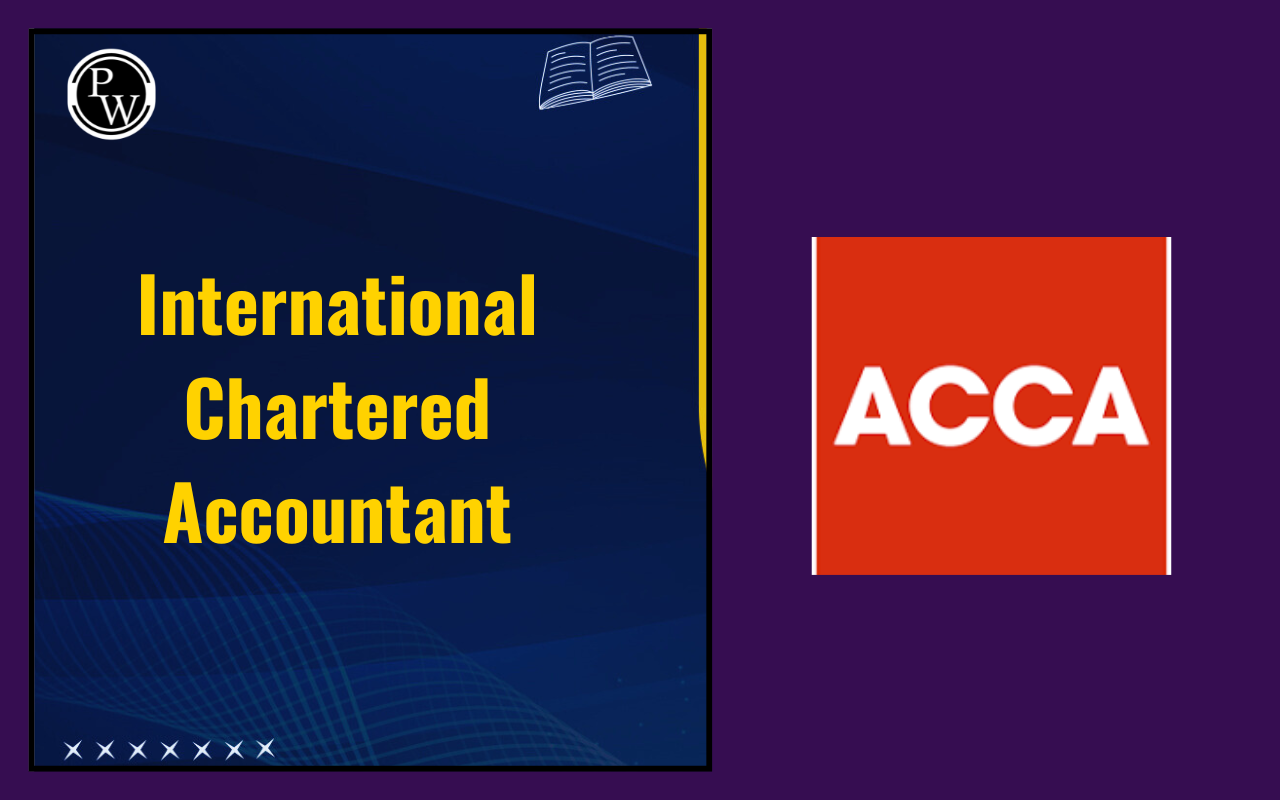
ACCA Taxation (TX) tests your ability to calculate tax liabilities and apply tax planning strategies effectively. Since tax laws evolve constantly, staying updated and practicing consistently is essential. Read about study techniques, exam strategies, and practical tips to help you master ACCA Taxation and maximize your performance in the exam.
ACCA Taxation (TX)
ACCA Taxation (TX) is a crucial paper that equips students with the knowledge and skills required to compute tax liabilities and apply basic tax planning techniques for both individuals and businesses. The subject demands a strong grasp of tax regulations, computational accuracy, and analytical thinking. Mastering ACCA Taxation is not just about memorizing tax laws; it's about understanding how to apply them effectively in real-life scenarios.
Taxation can seem overwhelming due to frequent legislative changes and the complexity of tax structures. However, with the right study techniques and strategic planning, you can confidently tackle this paper and maximize your score.
How to Approach ACCA Taxation (TX) Effectively
To excel in ACCA Taxation (TX), you need a structured study plan, strategic exam techniques, and consistent practice. Following the right approach will help you grasp complex tax concepts with ease.
Study with a Learning Partner
To gain an in-depth understanding of ACCA Taxation, it is highly recommended to study with an Learning Partner. These partners provide structured learning materials, expert guidance, and valuable insights that align with the ACCA syllabus. Additionally, using Approved Content ensures you cover all necessary topics comprehensively.
Cover the Entire Syllabus
ACCA Taxation encompasses various aspects of tax, including income tax, corporation tax, VAT, and inheritance tax. It is essential to study the entire syllabus thoroughly to avoid surprises in the exam. Tax laws evolve frequently, so staying updated with the latest regulations is critical. Revising previous exam papers and analyzing examiners’ reports will help you understand the common pitfalls students encounter.
Develop Strong Computational Skills
The ACCA Taxation (TX) paper is heavily computation-based. Mastering tax calculations, understanding exemptions, and being meticulous with figures are key to scoring well. Practicing numerical questions daily will enhance accuracy and speed, reducing the chances of errors in the exam.
Exam Strategies for ACCA Taxation (TX)
A well-planned exam strategy can make a significant difference in your performance. Understanding question formats, managing time efficiently, and practicing under exam conditions will help you tackle the paper with confidence.
Tips for ACCA Taxation Objective Test (OT) Questions
The ACCA Taxation exam consists of multiple-choice and fill-in-the-blank questions in Sections A and B. To tackle these questions effectively:
Read Questions Carefully
Understanding the question's requirement is crucial. Misinterpreting a question can lead to incorrect answers even if you know the concepts well.
Follow Rounding Instructions
For fill-in-the-blank numerical questions, adhering to rounding instructions is essential. Small rounding mistakes can cost valuable marks.
Answer Every Question
There is no negative marking in ACCA Taxation, so attempt every question. Even if you are unsure of the answer, making an educated guess increases your chances of scoring marks.
Tips for ACCA Taxation Constructed Response Questions
Section C of ACCA Taxation consists of three scenario-based questions, requiring a structured response. To ace this section:
Allocate Your Time Wisely
Each 15-mark question should be attempted within 27 minutes, while the 10-mark question should be completed in 18 minutes. Managing time efficiently ensures you attempt all questions.
Present Your Work Clearly
A well-structured answer with clear workings demonstrates your thought process and enhances readability. Avoid messy calculations and ensure your responses are easy to follow.
Avoid Repetition
In narrative questions, avoid redundant statements. Be concise and to the point, ensuring your answers are relevant and well-articulated.
Also Check: How to Prepare for ACCA Business and Technology (BT)?
Practical Techniques for ACCA Taxation (TX) Preparation
Practical preparation techniques play a key role in mastering ACCA Taxation. From practicing past exam questions to focusing on weak areas, adopting the right strategies will boost your confidence and performance in the exam.
Utilize the ACCA Practice Platform
Practicing past papers on the ACCA Practice Platform mimics real exam conditions and helps improve speed and accuracy. Familiarizing yourself with Computer-Based Exam (CBE) functionalities is essential for efficiency during the exam.
Attempt Full-Length Mock Exams
Taking at least two full-length mock exams under timed conditions will help identify weak areas and improve exam performance. Reviewing and analyzing mistakes post-exam will provide valuable insights for improvement.
Focus on Weak Areas
Instead of revising what you already know, dedicate more time to weaker topics. Use examiner reports to understand frequently tested areas and common mistakes made by students.
Stay Consistent and Avoid Last-Minute Cramming
Taxation is not a subject that can be mastered overnight. Regular and consistent study will yield better results than last-minute cramming. Create a study schedule and stick to it to ensure thorough preparation.
| Also Check: |
| How to Approach ACCA Case Study Questions? |
| Trending in Demand Skills for ACCA Certification in 2025 |
| Benefits of Getting an ACCA Certification |
| Job Opportunities for ACCA Freshers in India |
FAQ
What is the best way to study for ACCA Taxation (TX)?
How much time should I dedicate to ACCA Taxation (TX) preparation?
Are past papers helpful for ACCA Taxation (TX)?

